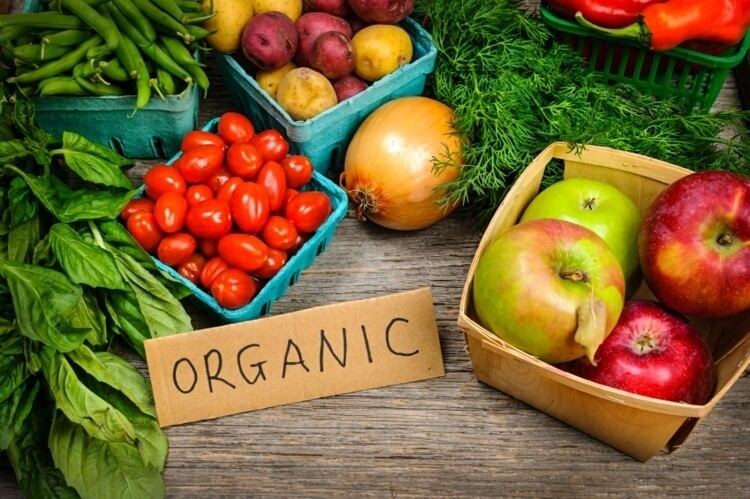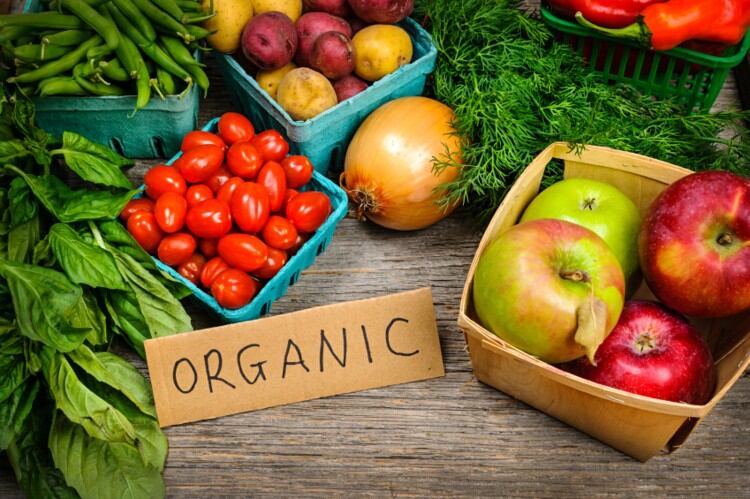An earlier directive had slated the Food Safety and Standards (Organic Foods) Regulations 2017 to be enforced starting April 1 2019, but FSSAI issued a separate directive earlier this month relaxing these rules for small organic companies.
“FSSAI has been receiving several representations (sic) regarding challenges faced in the implementation of the Regulations,” said FSSAI CEO Pawan Agarwal.
“One of the challenges is that [many] of the producers are not certified under [either of India’s two organic certification systems], the National Programme for Organic Production (NPOP) and Participatory Guarantee System-India (PGS-India).”
A major element of the regulations was the display of the FSSAI Organic Logo (Jaivik Bharat) on the products, which would only be possible after obtaining certification from NPOP or PGS-India.
“Efforts are currently underway [to make] PGS-India more small producer friendly, [and] in the interim [we have decided to deem the Regulations to be] ‘Enabling Regulations’,” said Agarwal.
“[This means that small organic firms] will not be considered for prosecution during the initial phase of its implementation till April 1 2020.”
Small organic firms that sell products directly to consumers must have an annual turnover of not more than INR1.2mn (US$17,346) and those who act as aggregators/intermediaries must have annual turnover of not more than INR5mn (US$72,273).
Companies that are ‘in conversion’ with NPOP or PGS-India have also been granted permission to state ‘In conversion to Organic’ on their product labels.
That said, Agarwal emphasised that these relaxations ‘do not apply to organic food retail companies’, who will have to comply with the Regulations.
“[All organic firms] will also have to comply with the] limits of contaminants and insecticide residues as specified.”
A review of the regulations will be conducted after six months.
Other FSSAI postponements in 2019
This postponement is FSSAI’s fourth this year in relation to food products (excluding regulations related to food service).
Standards related to honey quality in the country were initially scheduled for enforcement in January this year, but certain elements of this regarding rice syrup and oligosaccharides were postponed to June 30 2019 after the agency saw ‘representation from various stakeholders’ at its Scientific Panel meeting.
The use of staple pins in tea bags has been postponed twice, from January 2018 to January 2019 and then to June 2019, after requests from food firms citing high costs to change to staple-less machines and the limited availability of such machines.
The most recent postponement was the implementation of alcohol warning labels in the country, where enforcement was set to start on April 1 2019 after a year’s grace period for transition.
FSSAI announced an extra directive on April 4, stating that the transition period for manufacturers to comply with the regulations had been extended by six more months and alcoholic beverages manufactured prior to this date could still be sold in the market up to March 31 2020.





